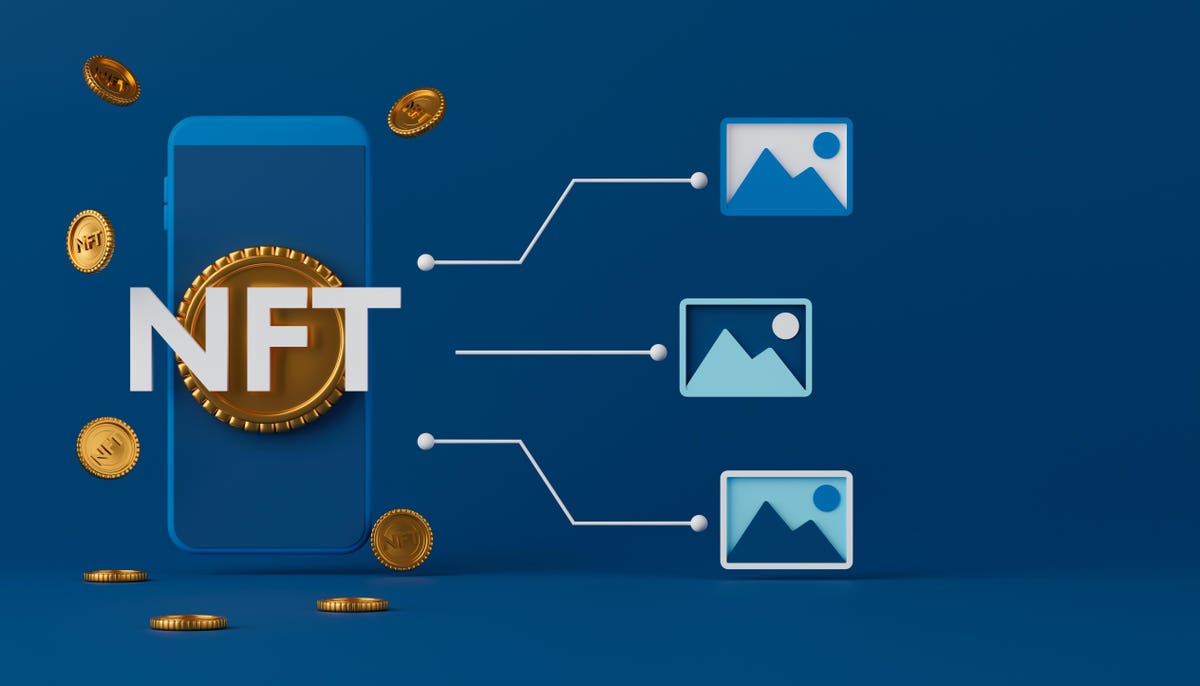Ben Sever is a global technologist, entrepreneur, philanthropist, founder of Phoenix Portfolio Partners, and CEO and Chairman at eRemede.
I am a founder, venture capitalist and career technologist and have built multiple enterprise platforms. Witnessing the emerging digital economy, I’m excited about the possibilities presented by Web3 and utility non-fungible tokens.
In the Web2 world, companies flooded the marketplace to compete for customer attention, seeking to occupy coveted real estate in their consumers’ minds. As businesses transition to Web3, however, the best way to compete for a community’s attention will be to reward and empower the consumers. Web3 technologies such as utility NFTs and the blockchain—the immutable public ledger that records all transactions and stores smart contracts—are making it possible to build much deeper connections between brands and their communities than was ever previously possible.
In our fast-paced lives, where attention can be easily distracted or diverted, customer loyalty is a key currency. Beyond delivering excellent products and services, forward-thinking businesses in 2023 and beyond will be reimagining the relationship between companies and their customers.
Take a look online or tune into the latest developments in artificial intelligence and you’ll see that technology is moving at speeds that mimic time-lapse footage. As the digital landscape evolves before our very eyes, so too must the way in which businesses engage with their customers. While the last few years have seen a meteoric rise in digital art, NFTs dangled on Twitter and Instagram profiles like the jangling keys to a beautiful sports car, the true power of this technology goes much deeper than a social flex. NFTs can do so much more than display art—they can deliver mission-critical access. Imbued with digital smart contracts, these advanced utility NFTs can grant access to perks and products, even events and experiences. Specially coded NFTs can grant individual consumers special rights and privileges based on their behavior that unlock all sorts of exclusives and rewards.
In the Web2 social media era, consumers were limited in their contribution to likes, comments, subscriptions and shares. If content creators and brands wanted to reward their audiences for that contribution, there was no meaningful way to generate a reward. Web3 adds a linked financial wallet layer, building a bridge from simple engagement to deeper accessibility, empowering audiences to become advocates and advertisers of the brands they love, and instead of getting a mere thank you, this community can unlock rewards, royalties, privileges and prizes for their efforts.
Taking its cues from the gaming world, these new NFT reward programs can be gamified, complete with leaderboards, points and scores. Gone are the days of punching holes in a card to get a free sub sandwich. The old punch card has been replaced by something far more immersive and collectible. Now loyal brand ambassadors and repeat customers can be easily identified for their behavior that is stored on the blockchain. And companies can go from having consumers or subscribers to cultivating an incentivized and driven community—a group of rewarded people who now derive a deeper sense of belonging. Businesses can go from being yet another corporation to becoming a collaborative and memorable brand that people carry with them.
Web3 and utility NFTs not only allow brands to tell a more engaging story, but they also invite customers to have ownership in the story’s evolution. A study by Deloitte found that “70% [of consumers] engage more frequently with retailers whose loyalty program they participate in than those they do not.” Through Web3 technology, customers can hold a stake in that brand, receive rewards and have a sense of belonging which keeps them coming back. Certain NFTs can act as digital key cards that can remain locked until customers complete fun challenges that can unlock access.
Market-leading communities have evolved to allow brands and businesses to create NFTs that interact with smart contracts that initiate the distribution of rewards and access to loyal customers. They’ve made it so a business can find out who their biggest fans are, and reward them in ways that matter for that contribution. This emerging technological advancement single user is no longer a number or data point, but a unique and mapped identity that can be acknowledged and rewarded with gifts, token-gated content, exclusive drops, members clubs and even royalties. Top fans can also wear this status as a tokenized badge of honor.
The blockchain removes impediments that have hindered engagement and breaks chains that have restricted a customer’s ability to meaningfully contribute. These emergent technologies democratize the customer loyalty model and give unsung communities a voice and a choice in how they interact with brands and businesses. Creating new value for your true consumer or fan has powerful benefits in a Web3 economy for both brands and the fans. While Web2 saw a rise in socialization, Web3 is giving way to financialization. These technologies are setting new standards for collaborative commerce and inclusive practices that tomorrow’s businesses will have to adopt to stay relevant.
This direct relationship can lead to increased profits for companies and independent creators as they are able to create more high-value and premium-priced NFTs with specialized incentives that are expertly tailored to their customers’ needs.
This more direct relationship can also be a way for larger businesses to achieve something that may have hitherto proven challenging: a sense of personal connection and intimacy. I speculate that the future of business will be very personal, and the businesses that thrive tomorrow will be the businesses that empower their customer base and embrace this era of collaboration. Instead of shouting down from the crest of their towering monoliths, tomorrow’s thriving businesses will be the ones that invite everyone up to take in the view. From thought leaders to marketers to social entrepreneurs, the undeniable paradigm shift to future-proof and democratize intellectual property revolves around a Web3 infrastructure.
Forbes Business Council is the foremost growth and networking organization for business owners and leaders. Do I qualify?
Read the full article here




